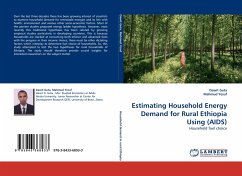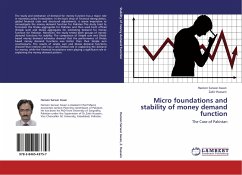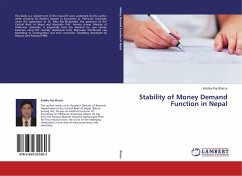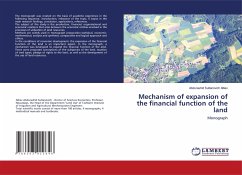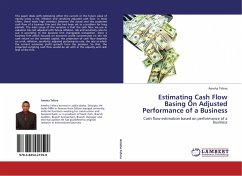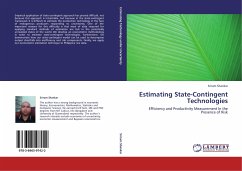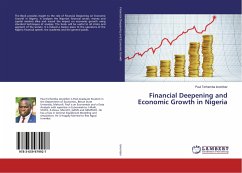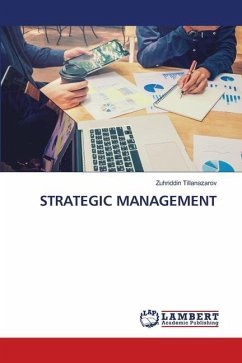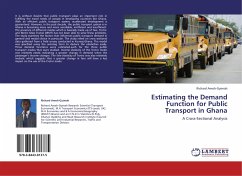
Estimating the Demand Function for Public Transport in Ghana
A Cross-Sectional Analysis
Versandkostenfrei!
Versandfertig in 6-10 Tagen
32,99 €
inkl. MwSt.

PAYBACK Punkte
16 °P sammeln!
It is without doubts that public transport plays animportant role in fulfilling the travel needs ofpeople in developing countries like Ghana. With anefficient public transport system, accelerateddevelopment is guaranteed. However, in the pastdecade, the public transport system is in Ghana isbecoming more and more unreliable, inefficient andinsufficient. The presence of different modes whichis basically made up of Taxi, Trotro and Metro MassTransit (MMT) has not been able to solve theseproblems. The study examines the factors thatinfluences public transport demand in general andmodal choice in ...
It is without doubts that public transport plays animportant role in fulfilling the travel needs ofpeople in developing countries like Ghana. With anefficient public transport system, accelerateddevelopment is guaranteed. However, in the pastdecade, the public transport system is in Ghana isbecoming more and more unreliable, inefficient andinsufficient. The presence of different modes whichis basically made up of Taxi, Trotro and Metro MassTransit (MMT) has not been able to solve theseproblems. The study examines the factors thatinfluences public transport demand in general andmodal choice in particular. The study relied oncross sectional data gathered from a field surveyconducted in Kumasi,Ghana. The model was specifiedusing the semi-log form to deduce the elasticitieseasily. Three demand functions were estimated,eachfor the three public transport modes that werestudied. Income elasticity of the Trotro mode wasrelatively elastic indicating a greater change indemand when the passenger s income changes. The fareelasticity of Trotro was also relatively inelasticwhich suggests that a greater change in fare willhave a less impact on the use of the Trotro mode.



